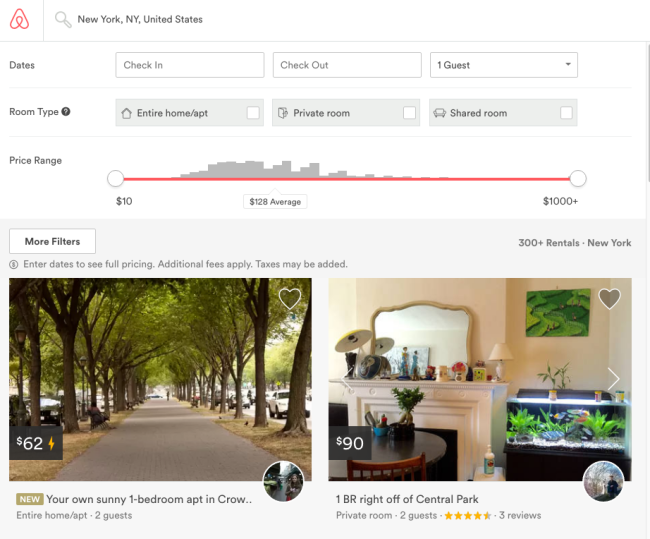New startups are launching to help landlords "police" their tenants' Airbnb listings

Just as there are services cropping up to help Airbnb hosts rent out their properties more easily, there's a growing cottage industry of startups geared toward helping management companies, landlords, and local governments track down residents who are illegally renting out their homes on short-term rental sites.
While short-term rental hosts are getting more stealthy at concealing their listings from easy searches by landlords—for example, warning guests not to reveal the setup to neighbors, and leaving pictures of the building facade out of the listing—technology is rapidly catching up.
For instance, as CNN Money reports, Austin, Texas startup BNBShield uses photo-matching software to comb through listings for known features in a specific building (distinctive moldings, for instance).
Similarly, S.T.R. Monitor combs through listings on various short-term rental sites (Airbnb, VRBO, etc.) and automatically alerts property owners if a listing shows up in their building. (Though the year-old startup primarily works with Miami properties at the moment, CEO Nicolas Lund-Larsen tells us that they're expanding into New York, and have already started monitoring listings here, detecting "massive issues in the Upper East Side, Upper West Side, Midtown East, East Village [...] and also a lot in Brooklyn.")
Similarly, SubletAlert, which has been operating in NYC for the past couple of years, tells us that the majority of listings their site flags for clients are in buildings in Midtown and Williamsburg."Volume has grown a lot over the past two years, and in that time, we've flagged a little more than 500 listings within the hundreds of buildings we work with," SubletAlert rep David Shapiro tells us. Unsurprisingly, Shapiro notes, they tend to find clusters of short-term rental listings located near convenient subway lines like the Bedford stop.
Many of these startups see themselves as simply enforcing Airbnb's policies (as well as the local rules of a given city or town), rather than seeking to squash the short-term rental business altogether. (For its part, Airbnb will post rules of a given city or town, but not actually monitor its own listings to ensure hosts aren't in violation.)
And while landlords don't necessarily stand to lose cash if their tenants are renting out apartments on Airbnb—though New York has been ramping up efforts to fine buildings where Airbnb listings are present, regardless of whether the building owner is responsible—having a revolving door of unknown, short-term guests can create safety and quality of life concerns for other building residents, as well as potential legal issues and insurance-related problems. "Short-term guests also create more wear and tear on the property," says Shapiro.
"The world is better for short-term rentals if they behave correctly," Ulrik Binzer, founder of Host Compliance, told CNN.
The sites have also reportedly helped crack down on hosts who rent out numerous apartments, starting a de facto illegal hotel empire, as well as landlords who've attempted to clear out their legitimate tenants in order to replace them with short-term renters.
Bottom line: Between this and increasingly aggressive efforts from the city to put a stop to short-term rentals, if you're hoping to making cash off your apartment as a vacation rental, you're increasingly doing so at your own risk.
You Might Also Like

























